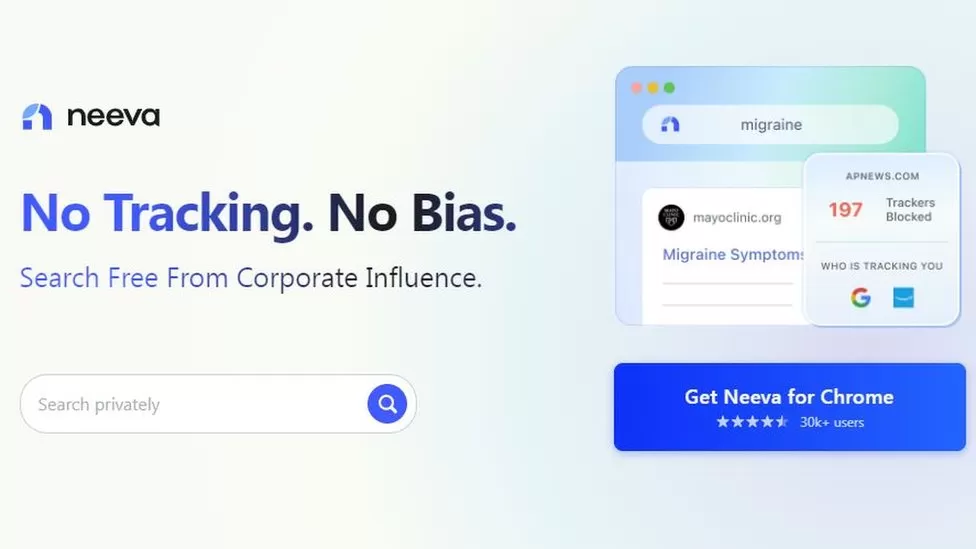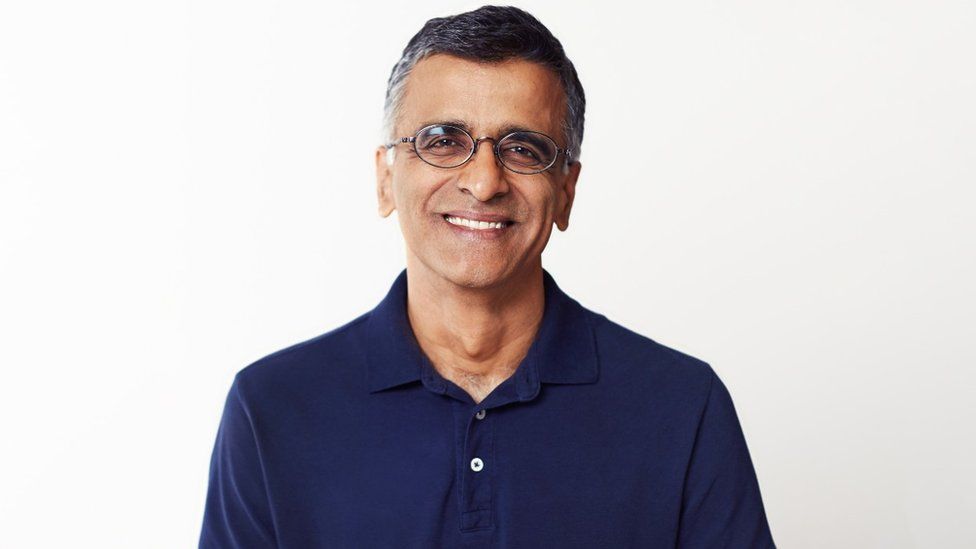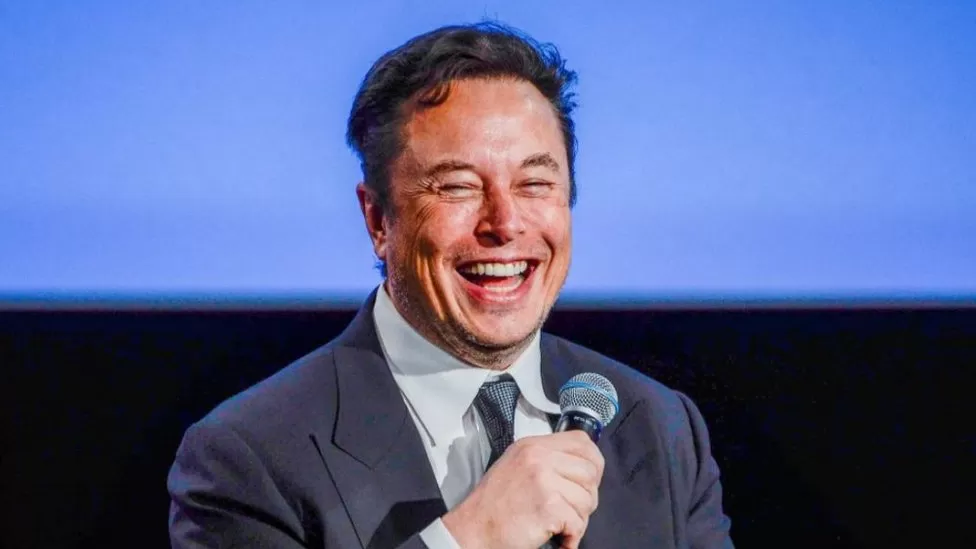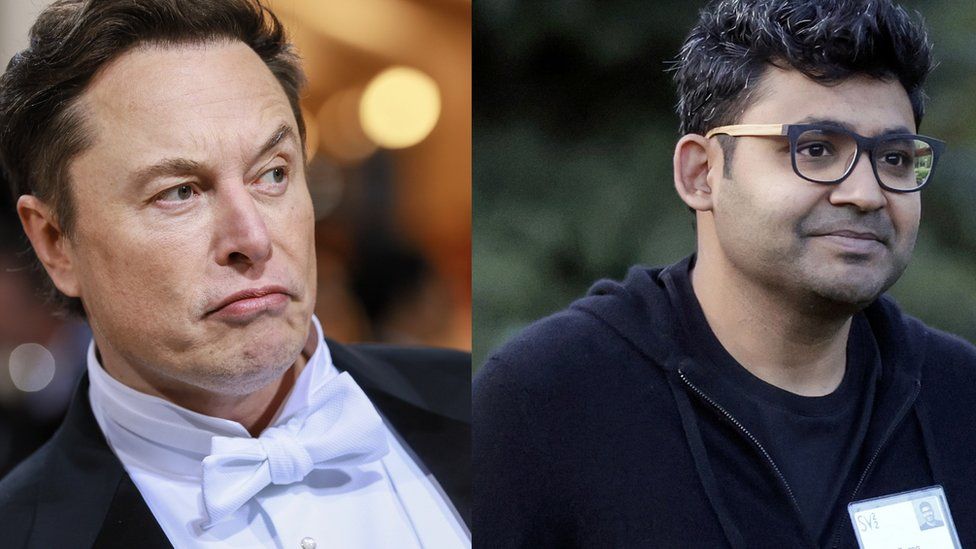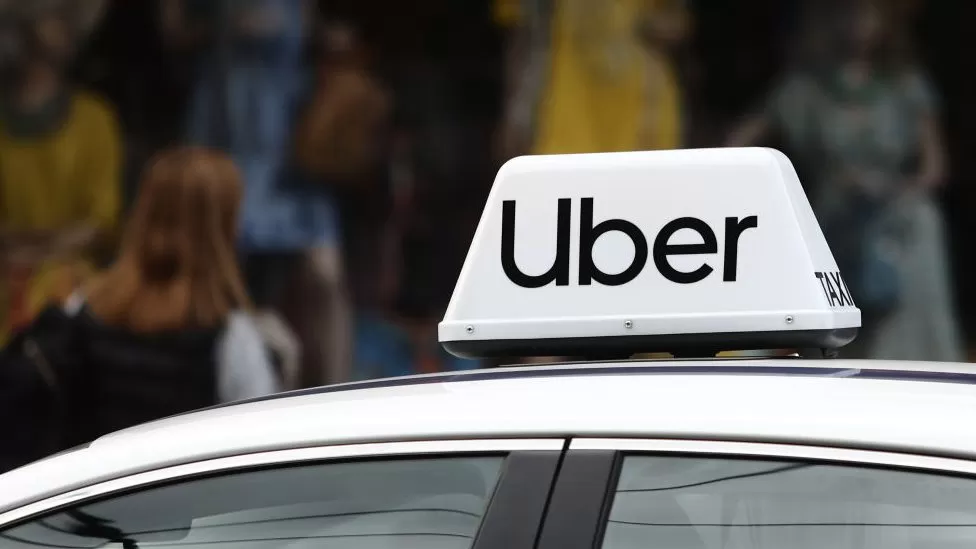Molly Russell’s father has accused the world’s biggest social media firms of “monetising misery” after an inquest ruled that harmful online content contributed to the 14-year-old’s death.
Ian Russell accused Meta, the owner of Facebook and Instagram, of guiding his daughter on a “demented trail of life-sucking content”, after the landmark ruling raised the regulatory pressure on social media companies.
The inquest heard on Friday that Molly, from Harrow, north-west London, had viewed large amounts of content related to suicide, depression, self-harm and anxiety on Instagram and Pinterest before she died in November 2017.
Russell, 59, urged Mark Zuckerberg to “listen to the people who use his platform, listen to the conclusions the coroner gave and then do something about it”. He called for the government to implement its long-delayed online safety bill.
Executives from Meta and Pinterest who gave evidence before the senior coroner, Andrew Walker, during the two-week hearing, apologised for what their platforms had shown Molly.
Molly “died from an act of self-harm while suffering from depression and the negative effects of online content”, Walker ruled on Friday.
He said algorithms that curate a social media user’s experience had pushed harmful content to Molly that she had not requested. He said some of the content “romanticised” acts of self-harm and sought to discourage users from seeking professional help.
Concluding that it would not be safe to rule Molly’s cause of death as suicide, Walker said some of the sites she had viewed were “not safe” because they allowed access to adult content that should not have been available to a 14-year-old.
“It is likely that the above material viewed by Molly, already suffering with a depressive illness and vulnerable due to her age, affected her in a negative way and contributed to her death in a more than minimal way,” he said, delivering his findings of fact at north London coroner’s court.
Russell said afterwards: “It’s time to protect our innocent young people, instead of allowing platforms to prioritise their profits by monetising their misery.”
He criticised evidence given by Meta in the hearing. Elizabeth Lagone, the head of health and wellbeing policy at Meta, had described one batch of depression, suicide and self-harm content seen by Molly before her death as “safe” because it adhered to content guidelines at the time. Lagone apologised after admitting some of the posts and videos viewed by Molly had breached guidelines.
Russell said: “If this demented trail of life-sucking content was safe, my daughter Molly would probably still be alive and instead of being a bereaved family of four, there would be five of us looking forward to a life full of purpose and promise that lay ahead for our adorable Molly.”
He said Meta had to change its “toxic corporate culture”. Asked if he had a message for Zuckerberg, the founder and chief executive of Meta, he said: “Listen to people who use his platform. Listen to the conclusions that the coroner has given, then do something about it.”
A Meta spokesperson said the company’s thoughts were with the Russell family and “everyone who has been affected by this tragic death”, and that the company would “carefully consider” the coroner’s full report.
A Pinterest spokesperson said: “Pinterest is committed to making ongoing improvements to help ensure that the platform is safe for everyone and the coroner’s report will be considered with care.”
The coroner said on Thursday he intended to issue a prevention of future deaths notice, which will recommend actions to try to prevent a repeat of Molly’s case.
Prince William called for more action to protect children, saying: “No parent should ever have to endure what Ian Russell and his family have been through. They have been so incredibly brave. Online safety for our children and young people needs to be a prerequisite, not an afterthought.”
The culture secretary, Michelle Donelan, said the inquest had “shown the horrific failure of social media platforms to put the welfare of children first”. She said the online safety bill, which will require tech platforms to protect children from harmful content, “is the answer”.
Molly viewed more than 16,000 pieces of content on Instagram in the six months before she took her own life, of which 2,100 were related to suicide, self-harm and depression. The inquest heard that she compiled a digital pinboard on Pinterest with 469 images related to similar subjects.
The inquest heard evidence from a child psychiatrist, Dr Navin Venugopal, who said Molly had been “placed at risk” by the content she had viewed. The headteacher at Molly’s secondary school also gave evidence, describing how it was “almost impossible” to keep track of the risks posed to pupils by social media.
The NSPCC described the ruling as a global first and a “big tobacco moment” for social media. “For the first time globally, it has been ruled that content a child was allowed and encouraged to see by tech companies contributed to their death,” said Andy Burrows, its head of child safety online policy. Sir Peter Wanless, the NSPCC chief executive, said the ruling would “send shock waves through Silicon Valley”.
Beeban Kidron, the crossbench peer and internet safety campaigner, said she would submit an amendment to the online safety bill to create a pathway for bereaved parents to access their deceased child’s social media history.
The Russell family have become prominent campaigners for internet safety since Molly’s death, and attended the inquest throughout.
Speaking outside the court, Russell said: “In the last week we have heard much about one tragic story – Molly’s story. Sadly, there are too many others similarly affected right now.
“At this point I just want to say, however dark it seems, there is always hope. And if you’re struggling, please speak to someone you trust or one of the many wonderful support organisations rather than engage with online content that may be harmful. Please do what you can to live long and stay strong.”
Molly’s father ended a press conference after the hearing with a tribute to his daughter. He said: “The final thing I want to say is thank you Molly, for being my daughter. Thank you.”
Reports /TrainViral/

 Fashion2 years ago
Fashion2 years ago
 Politics2 years ago
Politics2 years ago
 Politics2 years ago
Politics2 years ago
 Everything About Youtube2 years ago
Everything About Youtube2 years ago
 Fashion2 years ago
Fashion2 years ago
 Politics2 years ago
Politics2 years ago
 Tech2 years ago
Tech2 years ago
 Everything About Youtube2 years ago
Everything About Youtube2 years ago


